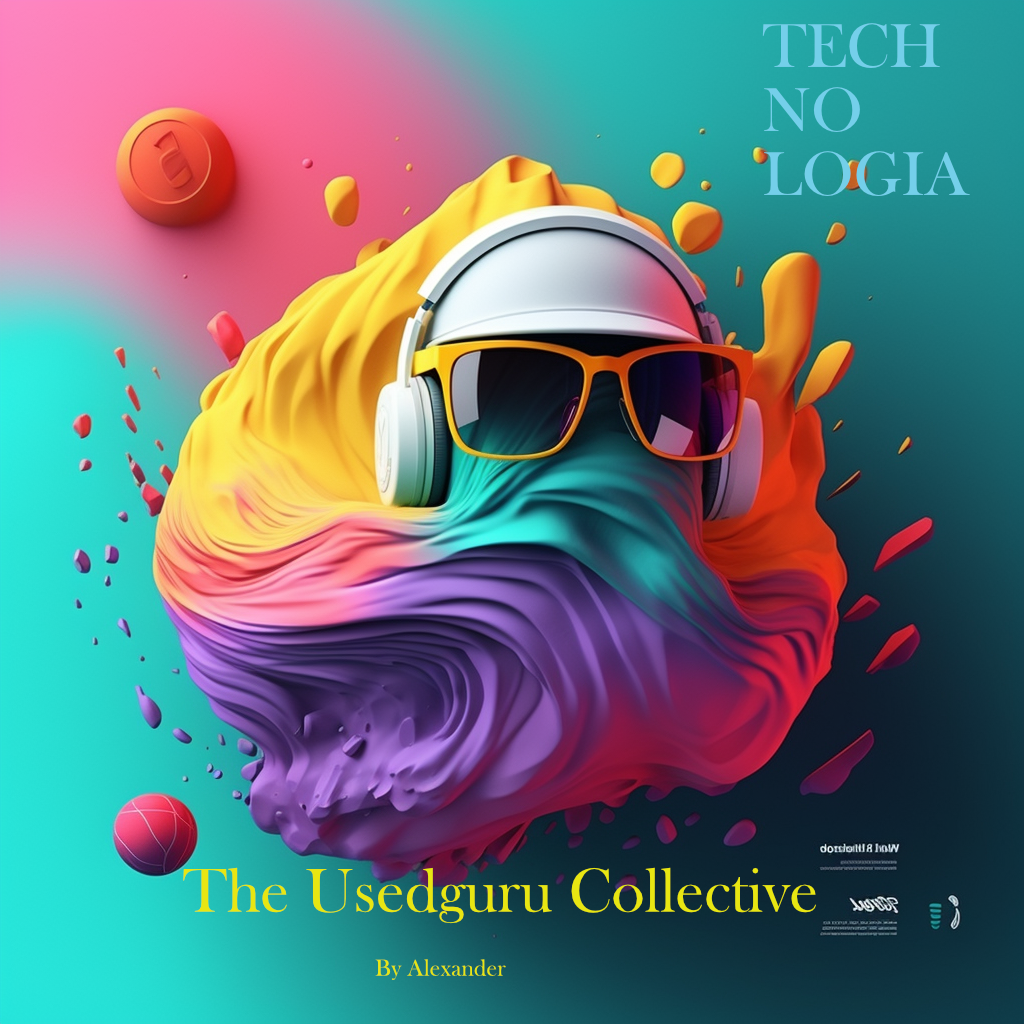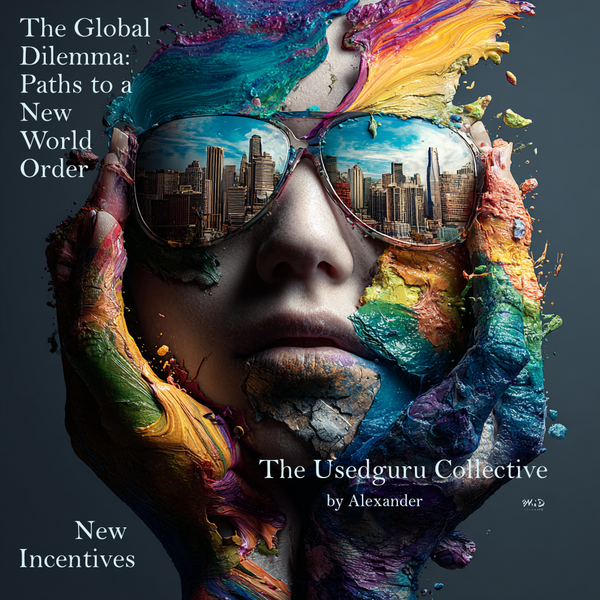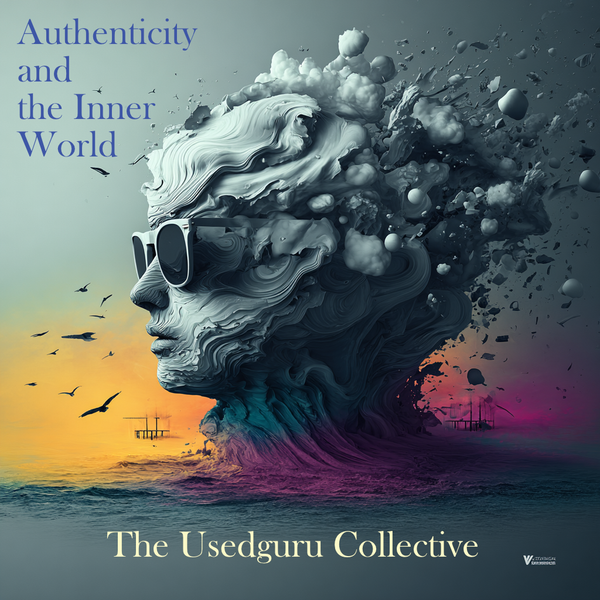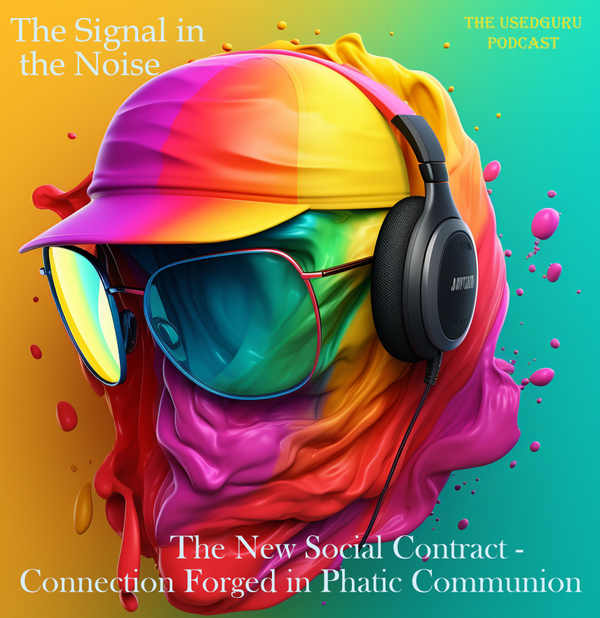The Great Derangement: Reclaiming Adulthood in a Broken System
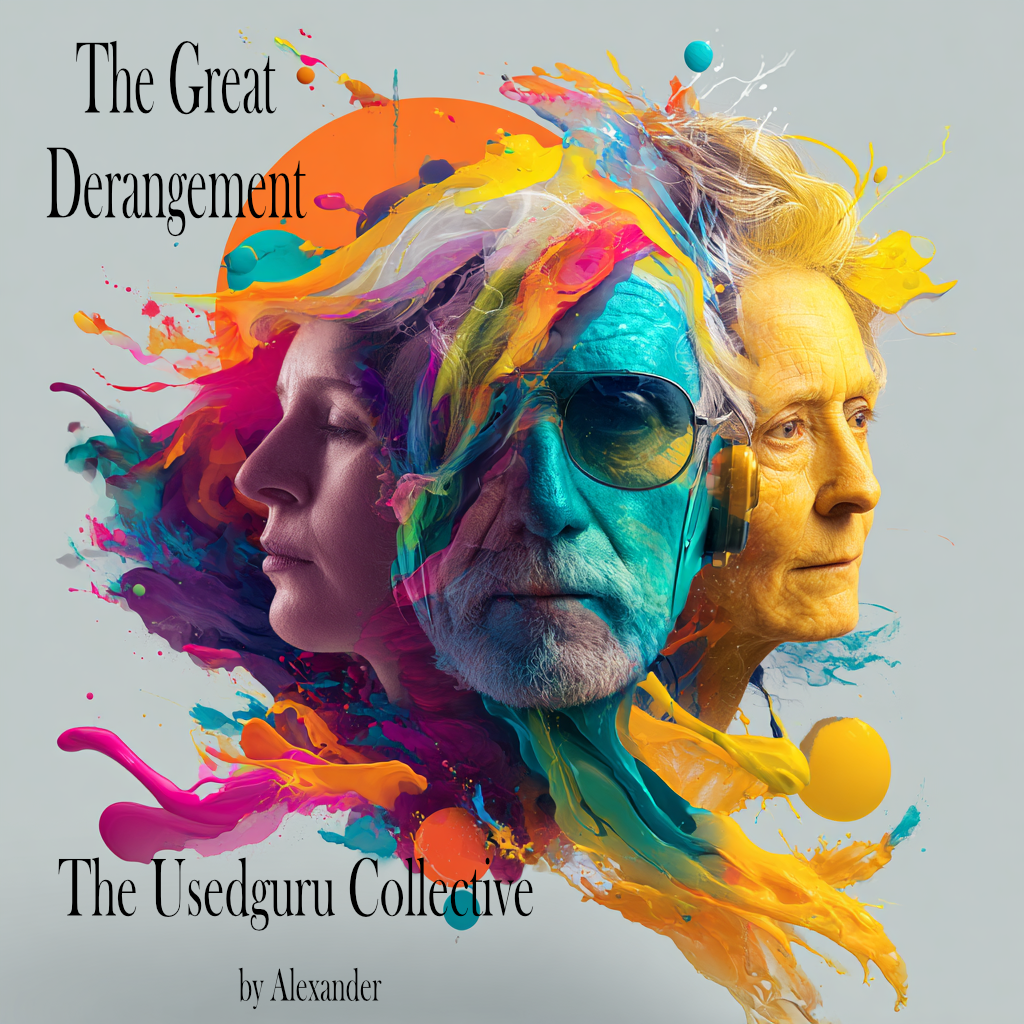
The Great Derangement: How a Century of ‘Adulting’ Left Us Unprepared for the Future. We are a society of chronological adults, yet we seem to be trapped in a state of perpetual adolescence, lurching from one crisis to the next with a mixture of impotent rage and bewildered compliance. To understand why, we must look beyond the immediate symptoms—the climate protests, the generational warfare, the political paralysis—and examine the very operating system of modern life, an invisible architecture that has defined our concept of "adulthood" for the better part of a century.
The idea of an adult being a person of a specific age is a surprisingly recent invention. For most of human history, adulthood was not a number, but a verb. It was something you did. You became an adult when you proved your utility and courage, whether by leading a hunt, mastering a craft, or successfully raising a family. It was a status earned through a rite of passage, a demonstration of competence.
Then came the Industrial Revolution, and with it, a new kind of human was required. The chaotic, organic rhythms of farm and village life were replaced by the relentless, synchronised pulse of the factory. As cities swelled and the smoke of progress choked the sky, a new order was needed. This order was not just about regulating working hours and wages; it was about regulating the human soul itself.
Enter what the futurist Jordan Hall has termed the "Blue Church": a secular, bureaucratic system of mass indoctrination designed to produce a compliant and predictable workforce. The school, in this model, is not a place of true education, but a training ground for the factory and the office. We learn to sit still, to follow bells, to obey authority, and to compete for grades—a perfect rehearsal for the game of modern employment. The core logic of this system is not the promotion of excellence, but the management of mediocrity.
This is the infamous "Peter Principle": individuals are promoted to their level of incompetence. In a system that values stability above all else, the brilliant and disruptive are threats, while the blandly conformist are rewarded. You get ahead not by being the best, but by being a reliable clone of the person who promoted you.
Q. Can you recall an instance from your own experience where conformity was rewarded over competence?
This brings us to our current generational standoff. The Baby Boomers, who perfected this game, are now enjoying the rewards of a system that is visibly crumbling. The Millennials, trained to believe in the promise of the game, find themselves with a scorecard of achievements but a future that looks like a losing hand. And the youngest, Gen Z, are so thoroughly disillusioned that their only recourse seems to be to glue themselves to the asphalt in a desperate plea to make it all stop.
Caught in the middle is Generation X, the forgotten generation, the latchkey kids "Schlüsselkind", who grew up as the last witnesses to the analogue world. We are the ones who remember life before the internet, before smartphones, before the relentless 24/7 cycle of digital stimulation. We have seen the whole arc, from vinyl records to streaming algorithms. We are, in a sense, the translators, the ones who can bridge the gap between the world that was and the world that is.
The conflict we see playing out on our streets and screens is a conflict between those who believe the system is the only reality, and those who can remember, however faintly, that it was all invented. The young activists are right to be angry, but they are aiming at the wrong target. They are demanding that the managers of the "Blue Church"—the politicians and CEOs—rewrite the rules. But the managers are just as trapped by the system as everyone else. They are products of the Peter Principle, chosen for their ability to maintain the status quo, not to imagine a new one. So, where does that leave us?
Q. If you identify with one of these generations, what is the most significant aspect of another generation's worldview that you struggle to understand, and how does the report's historical context help clarify their perspective?
It leaves us with a surprising, almost heretical idea, one that was ironically handed to us by the system itself as a way to deflect blame: the idea of the "carbon footprint." The system told us that the climate crisis was our individual fault, a moral failing to be solved by recycling and shorter showers. It was a lie, but it was an accidental gift. It gives us a new way to play the game. Instead of playing for the rewards the system offers—the house, the car, the status—we can start playing for a different set of rewards. We can use our individual choices not as acts of penance, but as coordinated signals.
Q. What if we collectively decided that the most desirable house is not the biggest, but the one with the smallest environmental impact?
Q. What if the ultimate status symbol was not a luxury car, but a lifestyle that required no car at all?
This is not about retreating from the world, but about engaging with it on a different level. It is about "saddling the horse from the bottom up." We don't need to scream at the factory owners to change; we just need to stop buying what they are selling. It is a slower, quieter, more difficult form of activism. It requires not the passion of a protest, but the discipline of a craftsman. It requires, in essence, a new rite of passage. It requires us to finally, truly, become Mature Humans.
DEEP DIVE ANALYSIS
The Great Derangement: A Socio-Historical Analysis of the Modern Crisis of Adulthood
Introduction: The Thesis of Perpetual Adolescence
Western society is in a state of "Great Derangement," a crisis manifesting in political paralysis, generational schisms, and an inability to address existential threats. This Article argues that the root cause is not merely political or economic, but a century-long obsolescence in our concept of "adulthood." The modern adult, defined by age and institutional certification, was an invention for an industrial era that no longer exists. This has fostered a state of perpetual adolescence, leaving us unprepared for the 21st century. This analysis will examine the historical forces that constructed this model and explore a positive, synthesized pathway toward a new, more functional definition of adulthood.
Part I: The Invention of the Modern Adult
For most of human history, adulthood was not a number but an action—a status earned by demonstrating competence, courage, and utility. This was validated through communal rites of passage, which, as defined by anthropologist Arnold van Gennep, guided individuals through a three-stage process of separation, transition, and incorporation. These rites were a public verification system, ensuring that individuals possessed the skills necessary for the community's survival.
The Industrial Revolution shattered this model. The new factory-based economy required a different kind of human: compliant, punctual, and standardized. This led to the creation of the "factory model" of education, designed not to cultivate excellence but to mass-produce a disciplined workforce. The school's structure, with its bells, age-based batches, and emphasis on obedience, mirrored the factory floor. Consequently, adulthood was severed from demonstrated competence and redefined as a number—a bureaucratic status conferred by the state upon reaching a certain age, without any required proof of maturity or capability.
Part II: The Operating System of Mediocrity
This re-engineered adult was managed by a new cultural operating system. Futurist Jordan Hall termed this the "Blue Church": a centralized, top-down consensus engine comprising mass media, academia, and government. It operated via broadcast, transmitting a single, authoritative version of reality from a few credentialed experts to a passive mass audience, reinforcing the industrial values of conformity and trust in authority.
The core logic of this system is perfectly encapsulated by the "Peter Principle," which states that in a hierarchy, individuals tend to rise to their level of incompetence. This is not a flaw but a feature designed to preserve stability. By promoting people based on performance in their current role—rather than aptitude for the next—the system systematically neutralizes brilliant and potentially disruptive individuals by placing them in roles where they are no longer competent. This rewards conformity over excellence and locks the hierarchy into a state of managed mediocrity.
Part III: The Unraveling of the Generational Contract
The decay of this 20th-century operating system has exposed a deep fracture between generations, rooted not in a simple clash of values but in profoundly different lived experiences of the same system.
- Baby Boomers (born 1946–1964) came of age during the system's peak, experiencing a world where its institutions were legitimate and its promises of prosperity were largely fulfilled. For them, the rules of the game worked.
- Millennials (born 1981–1996) were meticulously trained to play by these same rules but inherited the system in a state of crisis. They followed the script of achievement (e.g., college degrees) only to face economic precarity and institutional failure, leading to deep-seated disillusionment.
- Generation X (born 1965–1980) occupies a unique position as the "translator" generation. With an analogue childhood and a digital adulthood, they possess an embodied understanding of both worlds and can perceive that the old system's reality was an invention.
- Generation Z (born 1997–2012), the true digital natives, have grown up in an environment of perpetual crisis. Having witnessed the Millennial experience, their relationship with the system is one of "game refusal"—a rejection of its legitimacy and a desire to disrupt its functioning entirely.
Part IV: Forging a New Adulthood
The breakdown of the old model necessitates a new framework for adulthood. A positive path forward emerges from a nuanced understanding of both individual agency and collective action.
The Accidental Gift of the Carbon Footprint
A potential tool for this new adulthood comes from an ironic source: the "carbon footprint." This concept was popularised in the early 2000s by fossil fuel giant BP in a deliberate public relations campaign to shift the responsibility for climate change from corporations to individuals. While intended as a tool of misdirection, this campaign had an unintended positive consequence: it provided a tangible, measurable metric for personal impact. This "accidental gift" transformed a vague, abstract problem into a set of concrete choices, creating the potential for a new status game where the goal is not to maximise consumption but to minimise one's score.
From Protest to Practice: A New Rite of Passage
This new form of individual agency, often called ethical consumerism, has the power to send economic signals to the market. However, it has limitations, most notably the "intention-behaviour gap," where consumers' stated ethical concerns often do not translate into actual purchasing habits. This individualist approach contrasts with the explicitly collective and political strategies of youth climate movements like
Fridays for Future and the Sunrise Movement. These groups operate not as consumers but as citizens, seeking to change the fundamental rules of the system through direct political action and advocacy.
A functional 21st-century adulthood requires a synthesis of these two approaches. It demands the integration of the personal discipline of a craftsman with the collective courage of a citizen.
- Personal Integrity: The first step is taking individual responsibility, using metrics like the carbon footprint not as an act of penance, but as a craftsman uses a tool—to align one's actions with one's values and build moral authority.
- Collective Engagement: This personal practice is insufficient without the second step: engaging in organised, collective political action. This is the work of a citizen, aimed at reshaping the institutions and rewriting the rules that govern society.
This synthesis offers a new, more demanding rite of passage. It is not a single threshold to be crossed, but a continuous practice of integrating personal discipline with public courage. It is through this nuanced and positive reframing of responsibility—from passive consumer to active citizen—that we can move beyond the Great Derangement and begin forging a future built by truly competent Mature Humans.
About the Author
Alexander is the founder and lead writer for The Usedguru Collective, a podcast and publication dedicated to exploring the complex forces that shape our world. With a background in social research and a passion for lifelong learning, he crafts the foundational analysis that fuels each thought-provoking episode.
Media Conditioning, Digital Distraction, Shallow Connection, Visual Noise, Meaningful Connection, Psychological Conditioning, Manufacturing Consent, usedguru collective, usedguru, alexander, The Great Derangement, Modern Adulthood, Perpetual Adolescence, Generational Conflict, Social Commentary, Cultural Criticism, Peter Principle, Systemic Failure, Industrial Revolution, Generation X, Millennials, Baby Boomers, Gen Z, Future of Society, Carbon Footprint, Rites of Passage, Collective Action, Individual Responsibility, Conformity vs Competence, Socio-historical Analysis
